Pakistan’s parliament sworn in as Imran Khan’s supporters continue protests
Pakistan’s newly elected parliament has been sworn in amid protests on the floor of the house by the supporters of former Prime Minister Imran Khan, who is in jail.
The protesters allege massive vote rigging during the recent elections.
The legislature includes the Pakistan Muslim League-Nawaz’s (PML-N) leader Nawaz Sharif, the PML-N President Shehbaz Sharif, the Pakistan People’s Party (PPP) co-chairman Asif Zardari, the PPP chairman Bilawal Bhutto-Zardari, the Pakistan Tehreek-e-Insaf’s (PTI) leader Gohar Ali Khan, and the PTI secretary general Omar Ayub Khan.
Khan’s PTI obtained 93 seats, followed by Nawaz Sharif’s PML-N securing 75. The PPP obtained 54.
Most seats were earned by candidates backed by the former cricket hero Khan. Still, the PML-N and the PPP have agreed to form a coalition government, with one of the PTI-backed legislators also joining Sharif’s party.
According to the country’s constitution, the national assembly should meet within 21 days after the day of polling.
The election for the prime minister will be held on March 3, said a statement from the parliament’s secretariat.
As legislators, including the PML-N-PPP’s candidate for prime minister Shehbaz Sharif, signed the membership register of the national assembly, Khan’s followers erupted in chants of support: “Who will save Pakistan? Imran Khan, Imran Khan!”
Nawaz Sharif’s younger brother, Shehbaz, previously served as prime minister for 16 months after Khan lost a parliamentary vote of confidence in 2022.
Meanwhile, PTI announced the name of its candidate, Omar Ayub, with the Sunni Ittehad Council (SIC). Ayub has vowed his party would seek the release of Khan.
Khan was has been convicted in a string of cases and faces over a decade in jail.
The SIC alleges the elections were rigged and has called for an audit of the polls. No single party won a majority during the highly controversial February 8 national elections.
In the national assembly, consisting of 336 members, 266 are elected through direct voting while 70 are appointed. Among the appointed members, 60 seats are allocated for women and 10 for representatives of religious minorities.
A political party or alliance needs 169 seats in the national assembly to assume power, while the selection of nominees is determined by the electoral performance of each political party.
Throughout the 77-year history of Pakistan, no prime minister has managed to serve a full five-year term, due to the significant political influence wielded by the military.
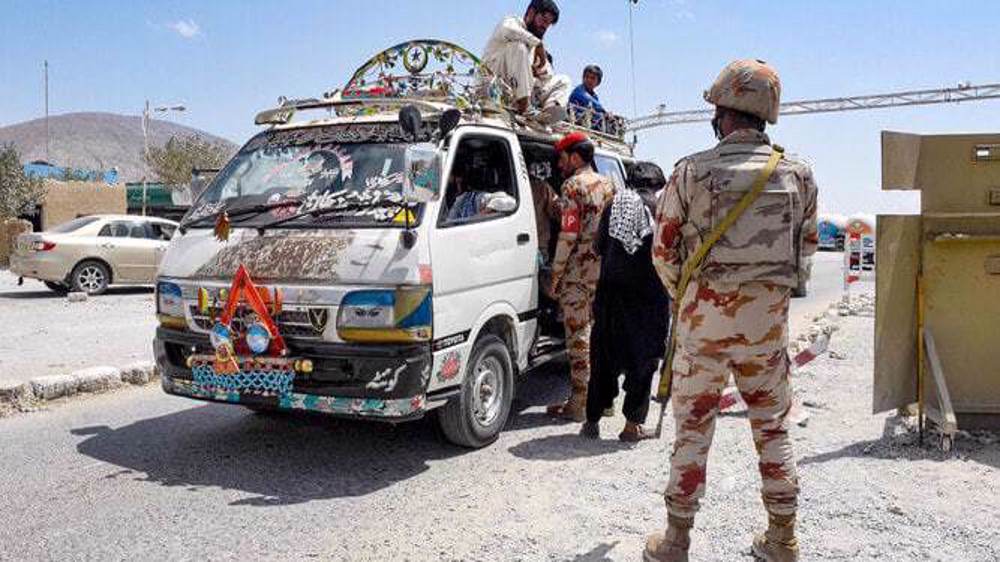
Police say 18 soldiers killed in ambush in southwestern Pakistan
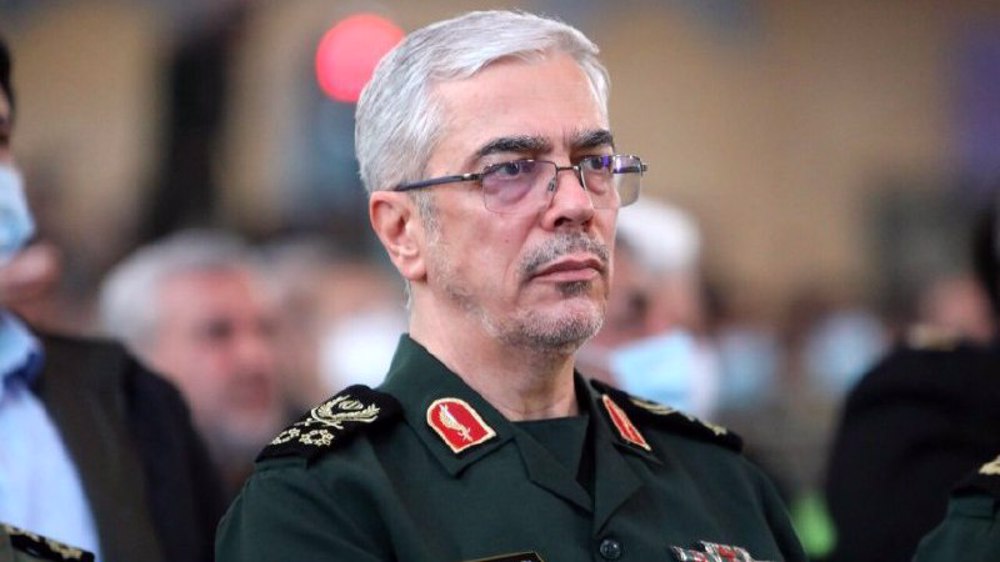
Iran to participate in intl. naval drills hosted by Pakistan: Military chief
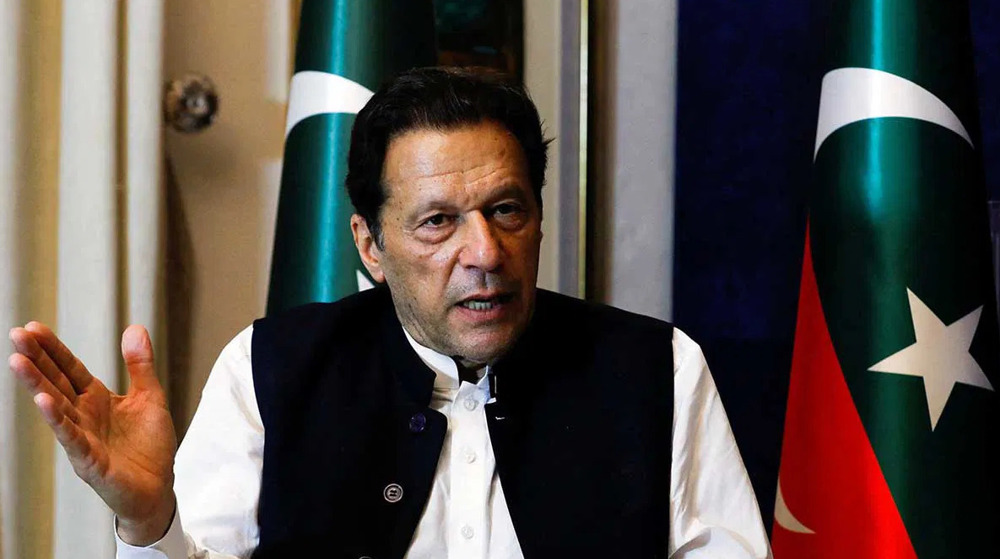
Pakistan's ex-PM Imran Khan sentenced to 14-year jail term
VIDEO | Trump puts tariffs on Canada, Mexico and China, sparking trade war
VIDEO | Iran unveils new satellites, one missile to mark National Space Tech day
VIDEO | Press TV's news headlines
VIDEO | Amman ceremony hails martyred resistance leaders
VIDEO | Pro-Palestine activists, Muslims, target of ‘lawfare’
VIDEO | Lebanese resilience: 'We will never forsake our land'
Eslami: Iran's nuclear program completely transparent
VIDEO | Gazans describe life in war-ravaged strip


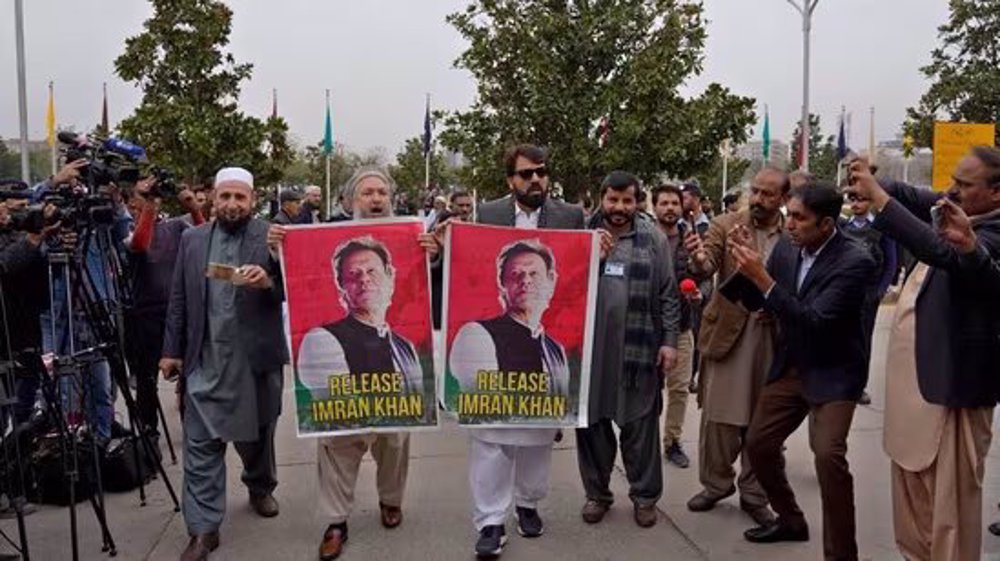



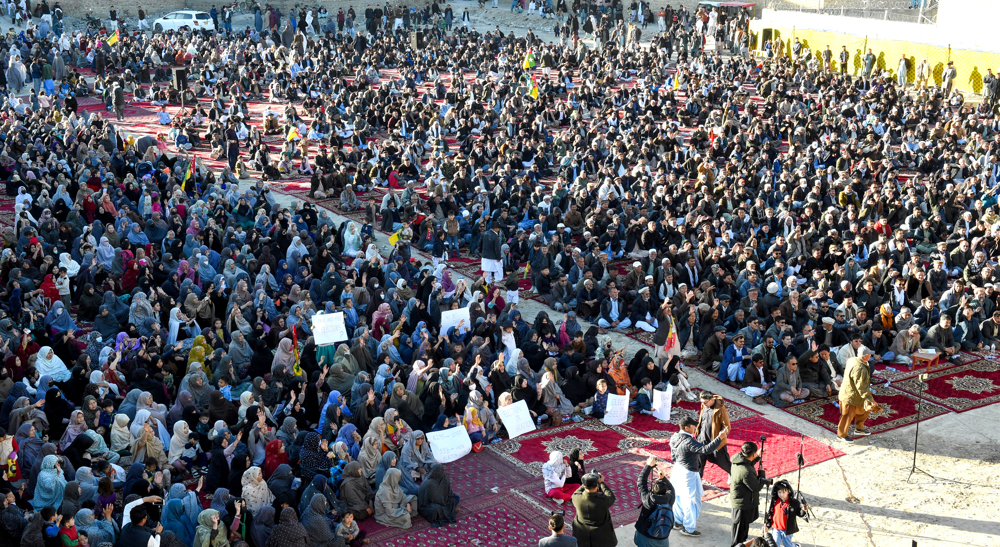
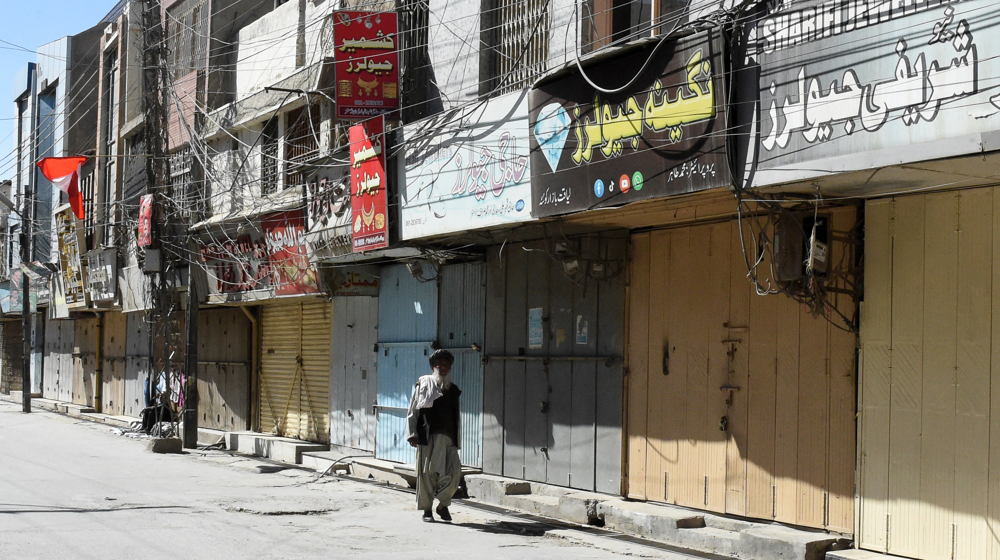
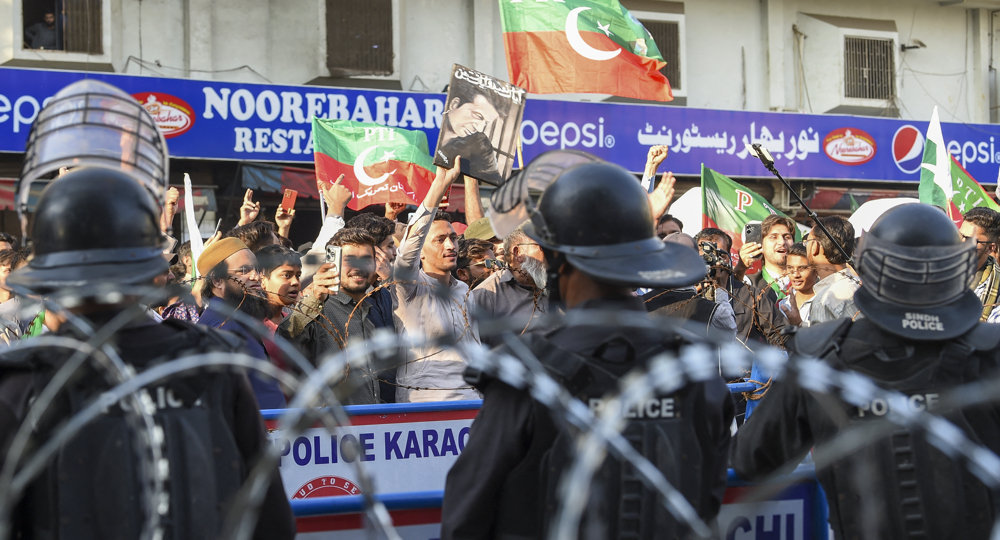
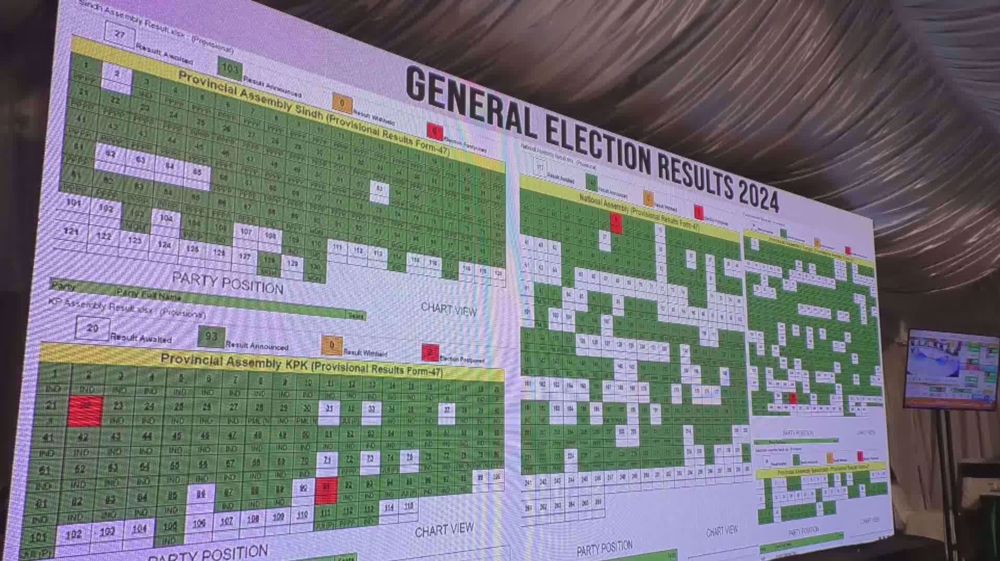
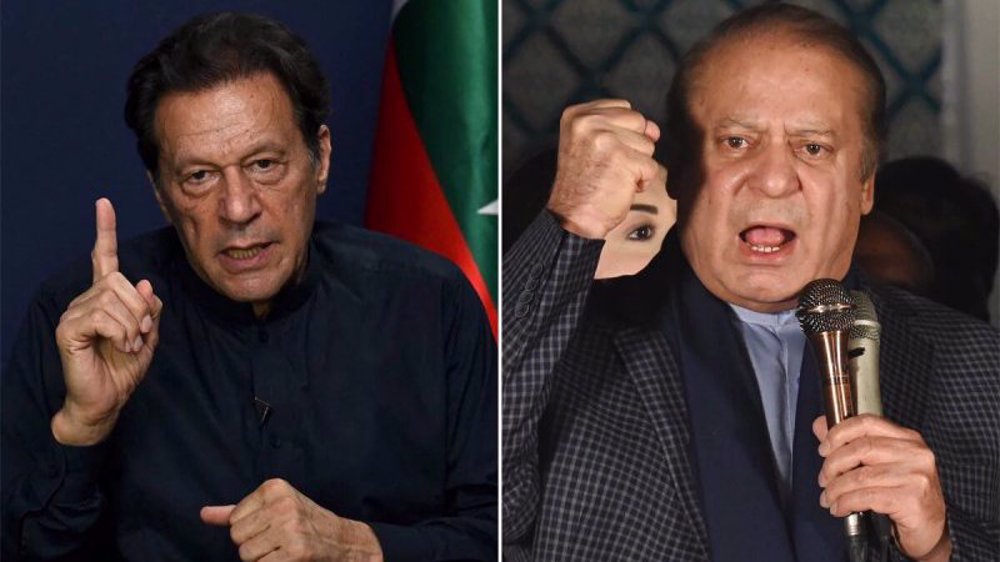
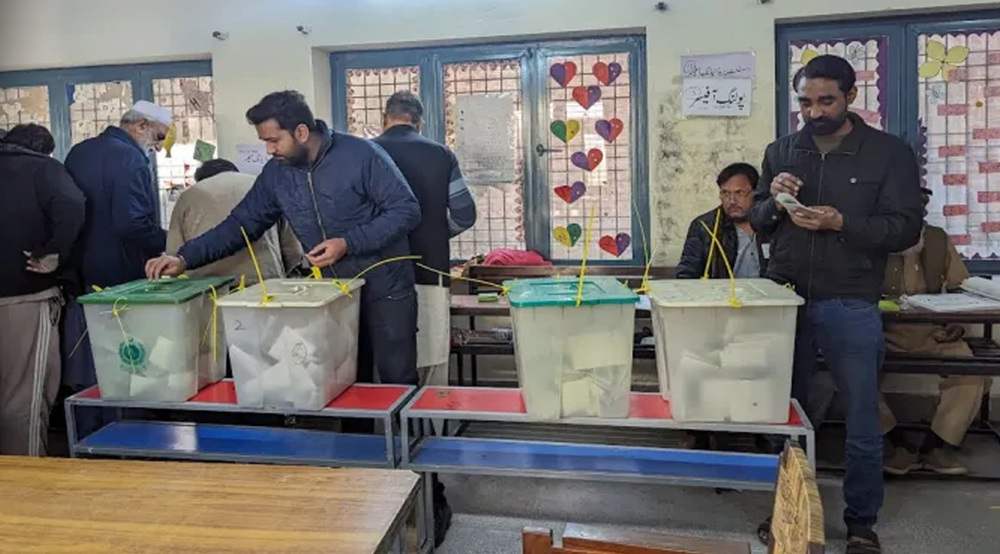
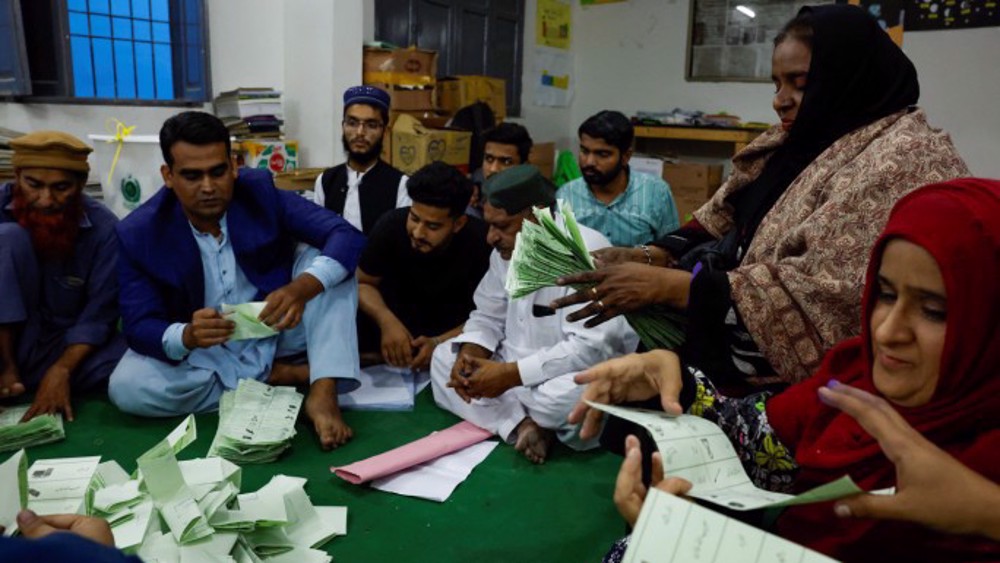
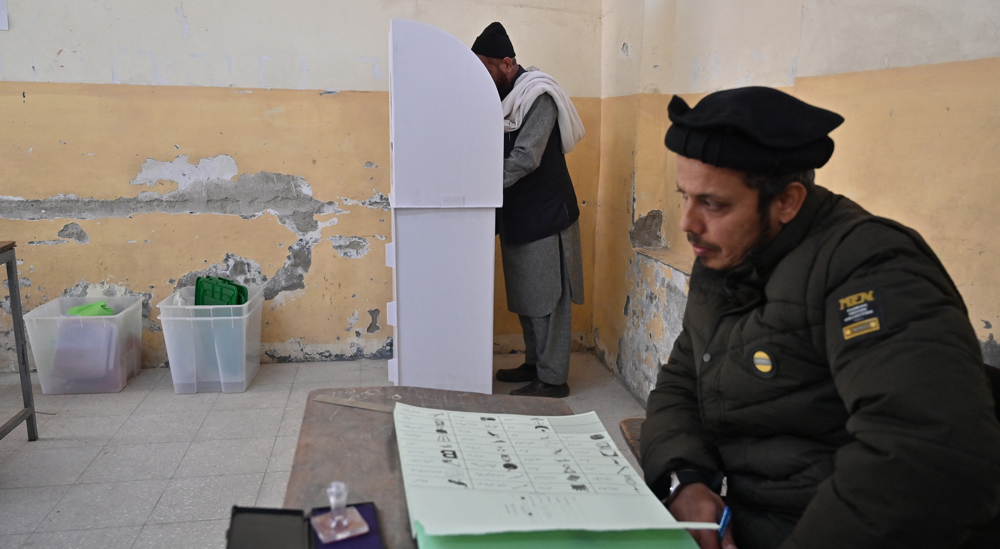
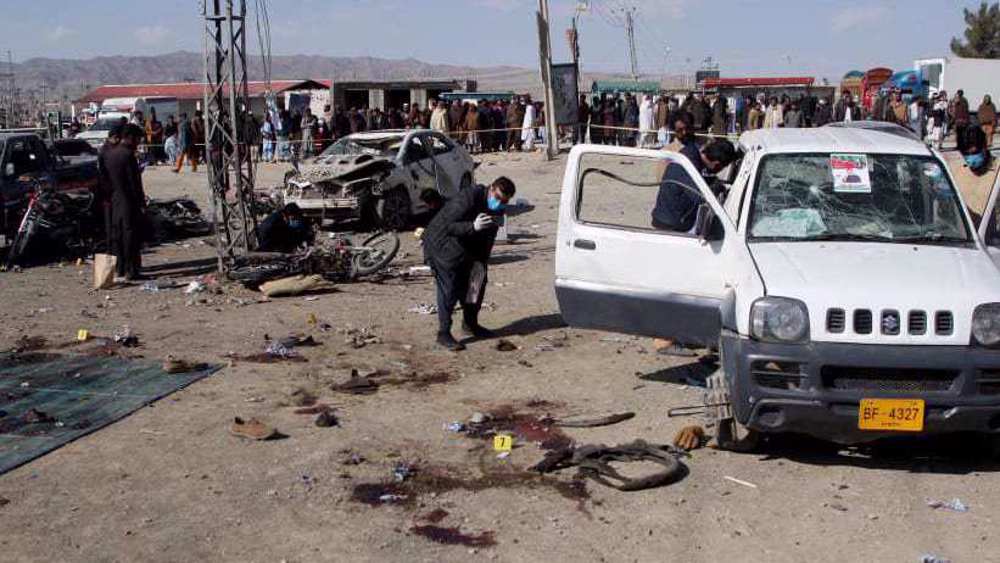
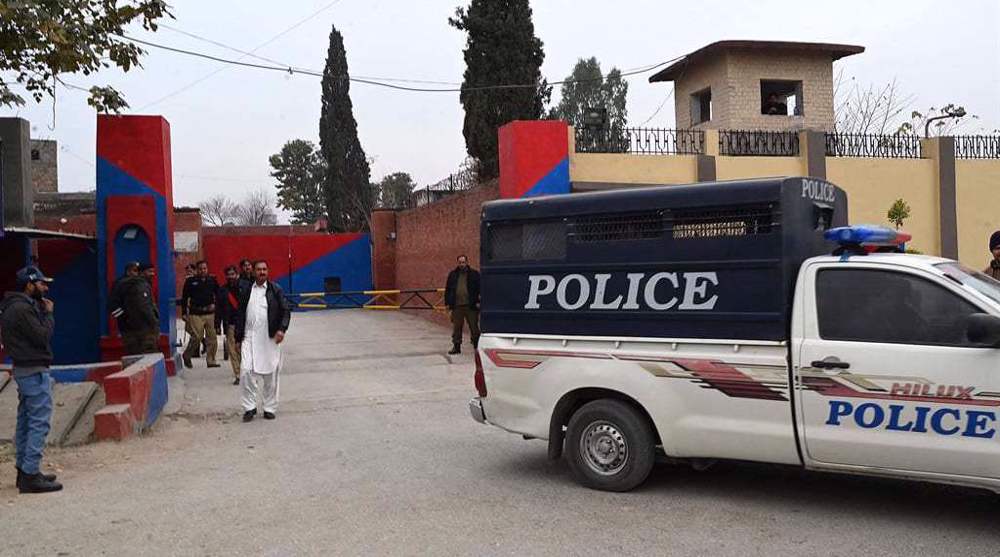

 This makes it easy to access the Press TV website
This makes it easy to access the Press TV website